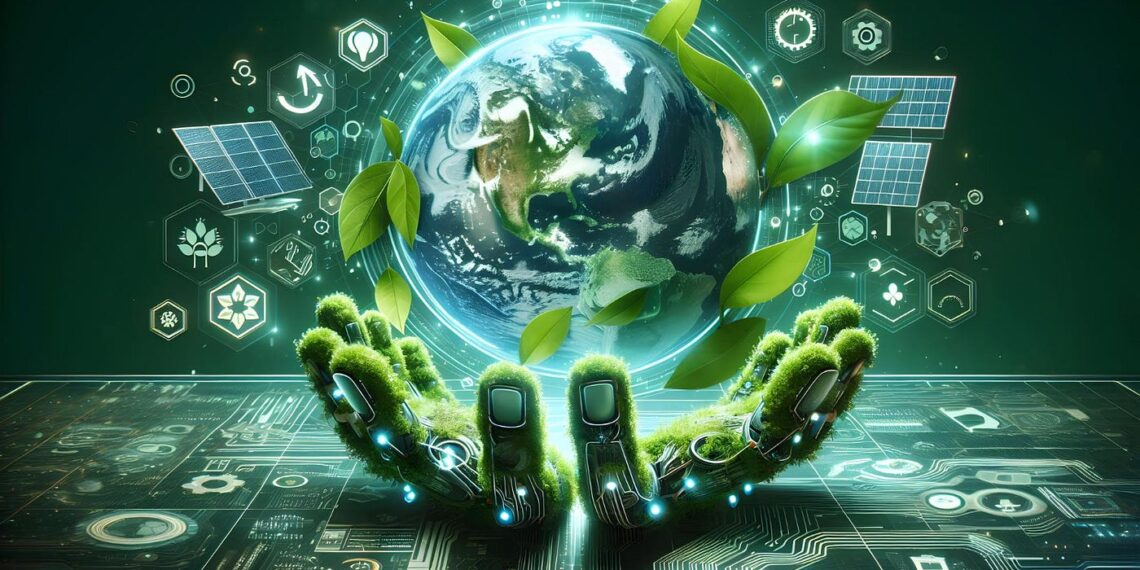As the climate crisis intensifies, the role of technology in creating sustainable solutions has never been more critical. In recent years, a new wave of tech startups has emerged, blending innovation with environmental responsibility to tackle climate change head-on. These agile, mission-driven companies are developing groundbreaking solutions—from carbon capture to clean energy and waste reduction—that could reshape the future of our planet.
The Rise of Green Tech Entrepreneurs
Startups thrive where urgency meets opportunity, and climate change presents both. Backed by growing consumer demand for sustainability and an influx of green investment capital, climate-focused startups are scaling rapidly. Global venture funding for climate tech surpassed $70 billion in 2023, a clear signal that innovation in this space is not only necessary but economically viable.
These companies are not just tweaking existing systems—they’re reimagining entire industries. Let’s explore some of the most promising areas where tech startups are making a tangible impact.
Carbon Capture and Removal
Startups like Climeworks and CarbonCapture Inc. are leading the charge in direct air capture (DAC) technology, removing CO₂ directly from the atmosphere. Climeworks, for instance, has developed modular DAC units powered by renewable energy, which can be scaled to meet growing carbon reduction needs. Though still costly, advances in this area are showing promise for scalable climate mitigation.
Clean Energy Alternatives
The energy sector remains the largest contributor to global greenhouse gas emissions. Enter startups like Heliogen and Commonwealth Fusion Systems, which are pushing the boundaries of solar concentration and fusion energy, respectively. Heliogen uses AI to concentrate sunlight with mirrors, producing industrial heat at levels previously only achievable with fossil fuels. Meanwhile, Commonwealth is developing compact fusion reactors that could provide near-limitless clean energy if proven successful.
Sustainable Agriculture and Food Tech
Agriculture contributes significantly to emissions through deforestation, methane, and synthetic fertilizers. Climate-forward food tech startups are offering alternatives. Plenty and AeroFarms, for example, are pioneering vertical farming—growing crops in stacked layers using minimal land and water. Others like Perfect Day and Impossible Foods are disrupting animal agriculture by developing lab-grown dairy proteins and plant-based meats.
Circular Economy & Waste Reduction
The linear “take-make-dispose” model is rapidly being replaced by circular alternatives. Startups like Rubicon and LanzaTech are finding ways to convert waste into resources. Rubicon uses AI-powered platforms to help cities and businesses manage waste sustainably, while LanzaTech transforms carbon emissions into usable products like ethanol and even fabric.
Climate Data and AI
Data-driven decision-making is essential for tracking and fighting climate change. Startups such as Tomorrow.io and Jupiter Intelligence offer advanced climate forecasting tools, using AI and satellite data to help governments and businesses prepare for climate risks. This kind of predictive technology is vital for building resilient infrastructure in the face of extreme weather events.
The Road Ahead
While these innovations are exciting, startups alone cannot solve the climate crisis. Success will require a concerted effort involving policymakers, large corporations, investors, and everyday consumers. However, tech startups serve as vital catalysts for change—bringing fresh ideas, urgency, and disruptive potential to the fight against global warming.
As we look to the future, keeping an eye on these green innovators could offer a hopeful glimpse into a more sustainable world—one where technology not only powers our lives but also protects our planet.










